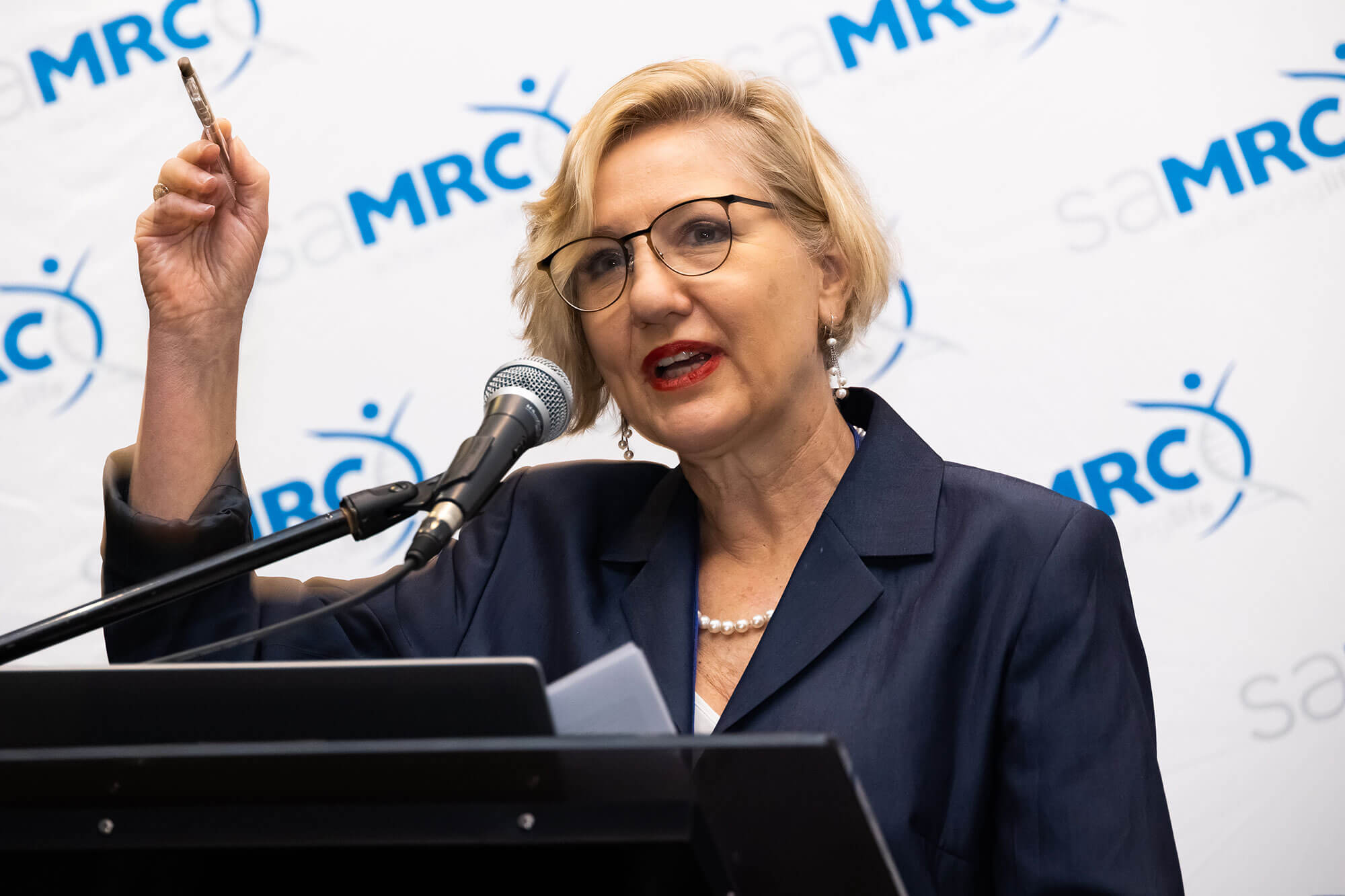The South African Medical Research Council (MRC) has embarked on a collaborative venture with scientists from eight other African nations, supported by funding from the United States, in a collective effort to develop a potential HIV vaccine.
Glenda Gray, President of the South African MRC, shared that researchers have already identified molecules with the potential to trigger an immune response against HIV, marking a promising breakthrough.
These identified molecules will be the foundation for the development of vaccine candidates.
Moreover, the South African MRC is actively collaborating with scientists to explore additional immunogens, particularly focusing on the two most prevalent HIV strains in Africa.
Plans are underway to initiate the inaugural HIV vaccine discovery study within the coming year, according to Gray’s announcement.
To optimize the delivery of these selected molecules, a wide range of approaches is being considered. These encompass exploring mRNA technology, previously employed in some COVID-19 vaccines, alongside protein-based and nano-particle delivery mechanisms.
Additionally, the research team is exploring alternative platforms featuring innovative components that could potentially enhance the immune response among vaccine recipients.
The quest for an HIV vaccine has long been a formidable challenge for the global scientific community. While preventive treatments exist, they necessitate regular administration. In cases of infection, lifelong use of antiretroviral drugs is essential to thwart the virus’s progression to life-threatening stages. Tragically, HIV claimed the lives of 630,000 individuals worldwide last year.
Challenges in Funding The timing of the $45 million funding allocation is pivotal, given the uncertainty surrounding the fate of the U.S. President’s Emergency Plan for AIDS Relief (PEPFAR) program during ongoing political deliberations.
PEPFAR, originally initiated in 2003 by former President George W. Bush, has played a pivotal role in saving an estimated 25 million lives and enabling 5.5 million children to be born free of HIV, as affirmed by John Nkengasong, the head of PEPFAR.
Other Strides in Vaccine Development In a separate development, the United States and South Africa have launched a trial for a preventive HIV vaccine candidate known as VIR-1388.
This trial, which commenced last month, holds particular significance for South Africa, where roughly 13% of its 61 million population is afflicted with HIV, making it the nation with the highest HIV prevalence globally.




